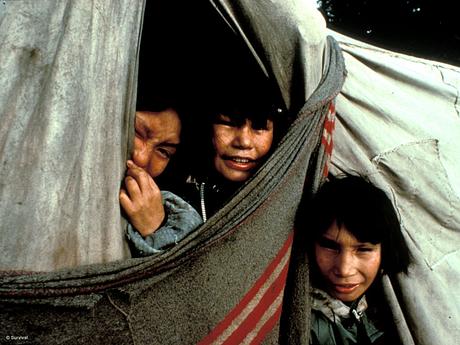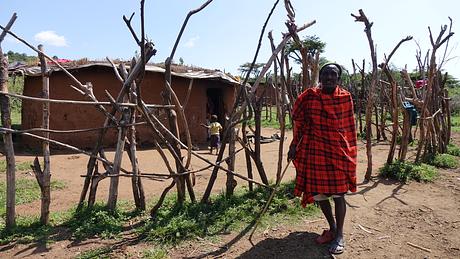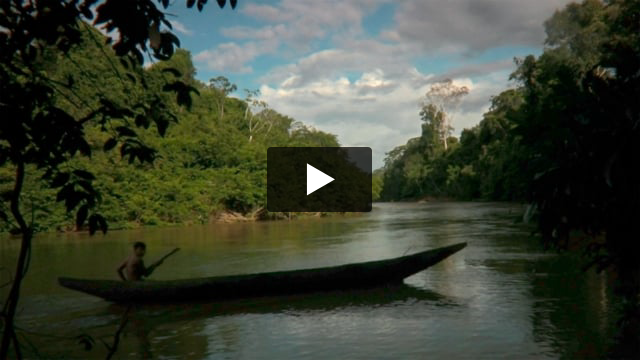UN expert demands governments enforce Indigenous rights
August 12, 2010
 © Bob Bartel/Survival
© Bob Bartel/SurvivalThis page was last updated in 2010 and may contain language which is now outdated.
The UN expert on Indigenous Peoples, Professor James Anaya, has challenged governments to respect international standards for tribal rights.
Speaking on the International Day of the World’s Indigenous Peoples, Professor Anaya said, ‘Indigenous peoples continue to see their traditional lands invaded by powerful actors seeking wealth at their expense, thereby depriving them of life-sustaining resources.’
The United Nations Declaration on the Rights of Indigenous Peoples sets important standards for countries to follow. Almost all governments now support these principles, after Australia and New Zealand removed their previous objections this year. Canada has committed to supporting the Declaration this year, and the United States is currently reviewing its objections.
However Professor Anaya pointed out that, ‘Today the Declaration remains more a reminder of how far there is to go… than a reflection of what has actually been achieved on the ground.’
He added, ‘The faithful implementation of the Declaration must be the focus of concerted attention by governments worldwide, the UN system, and other actors.’
Although the Declaration represents an important international standard, it is not legally binding. Survival is campaigning for governments to sign the only legally binding international convention on tribal peoples, the ILO Convention 169.
Earlier this year, the Central African Republic became the first African country to sign the Convention. Nicaragua shortly followed, bringing the global total to twenty two.




